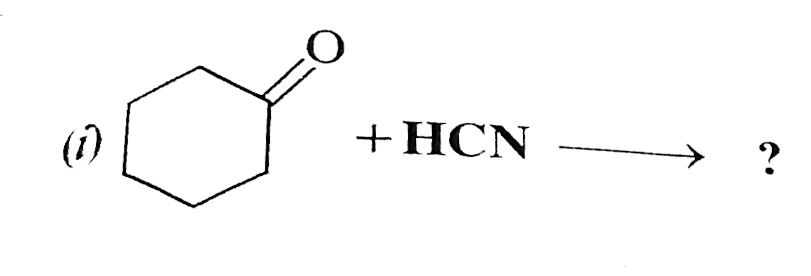Write the disjuction of the statment :-I love tea and coffee,I dont like milk.
To find the disjunction of the statement "I love tea and coffee, I don't like milk," we will follow these steps:
Step 1: Identify the two distinct statements
The original statement consists of two parts:
1. "I love tea and coffee."
2. "I don't like milk."
Step 2: Represent the statements
Let's denote the first statement as A and the second statement as B:
- A: I love tea and coffee.
- B: I don't like milk.
Step 3: Formulate the disjunction
The disjunction of two statements is formed by connecting them with the word "or." Therefore, we can express the disjunction as:
A or B
Step 4: Write the complete disjunction
Substituting the statements back into the disjunction gives us:
"I love tea and coffee or I don't like milk."
Final Answer
The disjunction of the given statement is:
"I love tea and coffee or I don't like milk."
---
The original statement consists of two parts:
1. "I love tea and coffee."
2. "I don't like milk."
Let's denote the first statement as A and the second statement as B:
- A: I love tea and coffee.
- B: I don't like milk.
The disjunction of two statements is formed by connecting them with the word "or." Therefore, we can express the disjunction as:
A or B
Substituting the statements back into the disjunction gives us:
"I love tea and coffee or I don't like milk."
The disjunction of the given statement is:
"I love tea and coffee or I don't like milk."
Similar Questions
Write the values of the square root of −i.
View SolutionWrite the conjugate of
i7
View SolutionWrite the negation of the following statement. If I become a doctor then I will open a hospital.
View SolutionWrite the S.I. unit of speed.
View SolutionWrite the negation of the following statement: I will not go to school.
View SolutionWrite the S.I. unit of temperature.
View SolutionWrite the name of two elements in group I.
View SolutionWrite the projection of the vector ˆi−ˆj on the vector ˆi+ˆj
View SolutionWrite the products of the following reactions :
(i)
View SolutionWrite the additive inverse of the following
3−4i
View Solution
